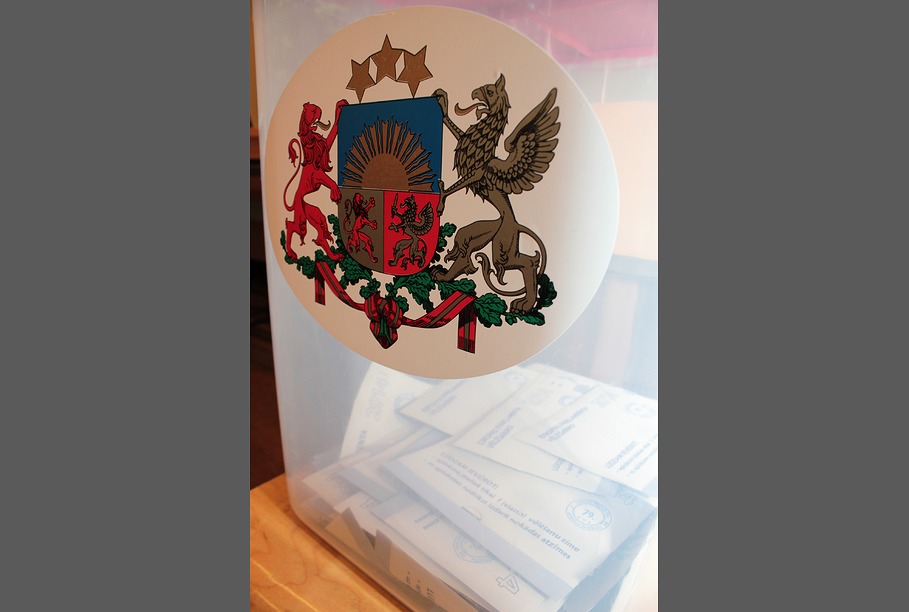The Office of Citizenship and Migration Affairs (PMLP) estimates that the temporary voter IDs could allow around 30,000 citizens who have reached the voting age of 18 and have received only the machine-readable eID cards issued by most European Union (EU) and Economic Area (EEA) states, including Latvia, to participate in electing the next national parliament. The cards were introduced in 2005 by the Justice and Home Affairs Council to allow EU and EEA citizens to exercise the right of free movement and travel across national state borders.
Though earlier figures from the PMLP had put the number of potentially disenfranchised voters closer to 25,000 citizens, the Saeima’s Political Administration and Local Government Committee considered this sufficiently high to push the proposed temporary solution through the plenary agenda’s final stage.
“Given the short amount of time, this is a quick and inexpensive way to ensure participation in the elections. Our office’s role will be to hand out personalized voter ID cards issued by the CVK,” explained the PMLP’s deputy chief Janis Citskovskis.
The CVK estimates the cost of a personalized voter ID to the state budget to be €0.16, and will be issuing them free-of-charge to any citizen who may be affected by the voting restriction and signs up for the voter's ID in time to receive it between September 22 and October 3 at branch offices of the PMLP.
CVK chairman Arnis Cimdars explained the voting procedure would require the presentation of the personalized voter card together with the eID for comparison and verification. Then the voter card is to be handed over to polling station volunteers for final registration and the receipt of the electoral lists.
The parliamentary committee’s chair Sergejs Dolgopolovs said the temporary measure would apply only to the 12th Saeima elections, thereafter requiring “more serious” changes to the electoral system by the next Saeima.
However, the introduction of ID card voting does not affect the approximately 270,000 Latvian 'non-citizens' who do not possess full voting rights. Mainly these residents of Latvia are Soviet-era immigrants and their descendants who refuse to undergo existing naturalization processes and thus do not possess the citizenship that is a prerequisite for participation in national elections.





























